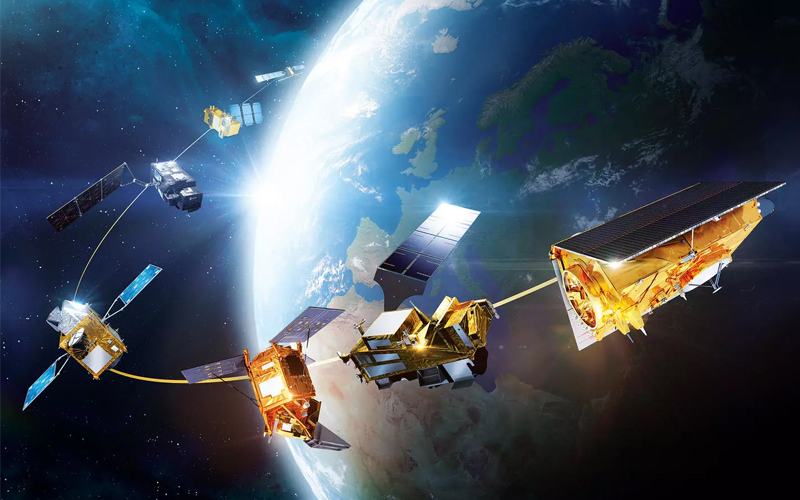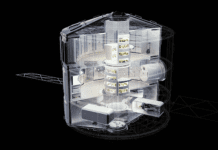
European aerospace and defence giant Airbus has signed a contract with French space situational awareness startup Share My Space. Under the contract, Airbus will assess the reliability of Share My Space’s collision alert data and overall risk management practices.
Although the company is putting the French startup through its paces, presumably with the possibility of utilizing its services to augment its own capabilities, comments from the company’s head of Earth Observation and Science Philippe Pham sought to make it clear that Airbus did not need the assistance. This deal was merely an effort to explore and test all possible solutions to ensure maximum reliability.
“We definitely need to continuously strive to explore new technologies, new solutions, new players, and proposals. Even when using our own solutions built on our proven capabilities and competencies, our overarching objective remains to thoroughly explore, test, and implement all improvements and solutions that can contribute to ensuring the maximum possible safety in orbit.”
There isn’t much additional detail about what the contract entails. The press release shared by Share My Space doesn’t mention timelines or what would be the preferred outcome for the company. Presumably it would be that Airbus would integrate the Share My Space data into its own collision avoidance systems. Or maybe, this is a preamble to an eventual purchase?
The orbital debris problem
In 2021, a McKinsey & Company report outlined that up to that point in history, around 11,000 satellites had been launched (of which around 6,000 are currently active – many of which are SpaceX Starlink satellites). The report went on to state that if all currently (as of August 2021) planned constellations were to be launched in their entirety, an additional 70,000 satellites would be placed in orbit. This could all happen within the next decade. And that’s not even mentioning the hundreds of thousands of pieces of space debris, the bulk of which we currently have no means of tracking. In many ways, space debris is far more of a problem than active or even decommissioned satellites, according to Mioara Joldes from the Laboratory for Analysis and Architecture of Systems (LAAS), which is part of the French National Centre for Scientific Research.
“Although today we are perfectly capable of determining the risk of collision of a piece of debris with a specific spacecraft, we don’t yet know how to model the problem in the case of waste that might potentially collide with a constellation of a thousand satellites,” said Joldes.
The team at LAAS is currently working on a method to calculate the risk of collisions between a satellite and orbiting debris in real-time.
Europe hopes to be at the forefront of reducing the risk of space debris in orbit. Speaking at the World Economic Forum in Davos, Switzerland, ESA Director General Josef Aschbacher shared that he is working towards implementing a “zero debris” policy for European spacecraft.
Currently, European policy, in line with international guidelines, requires satellites and orbital rocket stages to reenter Earth’s atmosphere within 25 years of completed their mission. Aschbacher has proposed that by 2030 all European satellites should be removed from valuable orbits around Earth immediately after they cease operations.
This balance between tracking, avoidance, and robust regulation will be key to ensuring the future health of Earth’s orbit.



